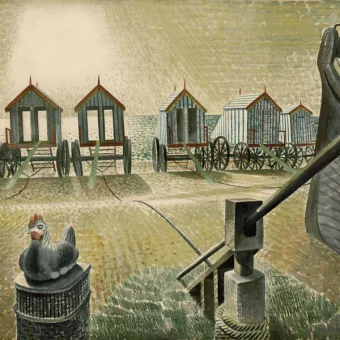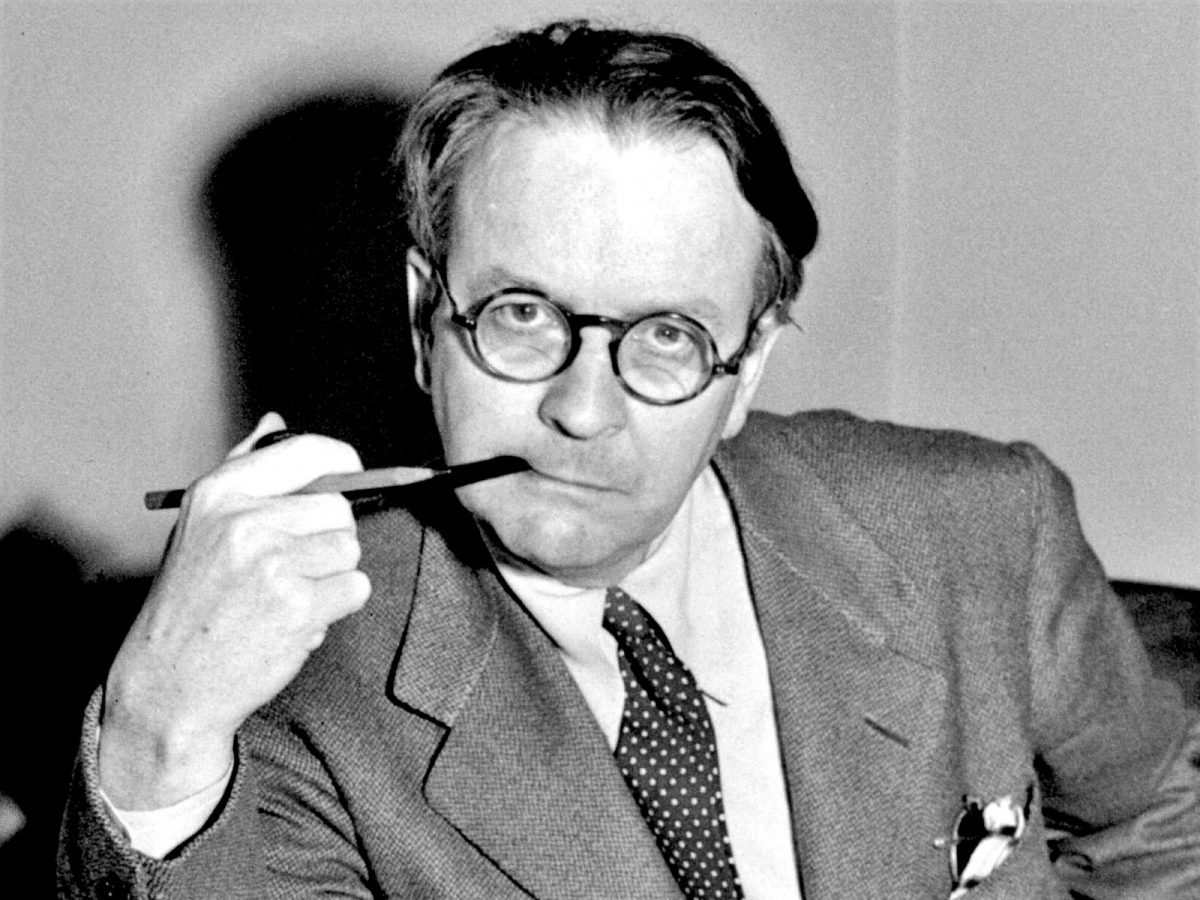
Raymond Chandler.
Raymond Chandler (July 23, 1888 – March 26, 1959) was an admirer of Ian Fleming (28 May 1908 – 12 August 1964). He liked his style. His “hard, racy, direct, vivid” writing. The kind of writing that creates its own comic strip in the reader’s mind.
In an interview with Donald Gomery of the Daily Express newspaper in July 1958, Chandler said he wished he had Fleming’s virtues as a writer. Fleming’s ability to go any place, spend three days, mop-up every detail, then return home to his desk and write about it perfectly. It was a talent born out of Fleming’s time as a journalist, as Chandler noted:
‘Ian Fleming has the journalistic mind. I was a journalist once, but I got fired. I’m too slow a thinker. But Ian – he gathers in every point quickly and accurately.”
The French writer Georges Simenon agreed with Chandler on this. Simenon said the ability to write “neatly, concisely, vividly” was the best way to write. Like Fleming, Simenon had learned this approach from his time as a journalist when his copy had to be “neat, concise and vivid”.
“My journalistic training was far more valuable to me than all the English literature education I ever had.”
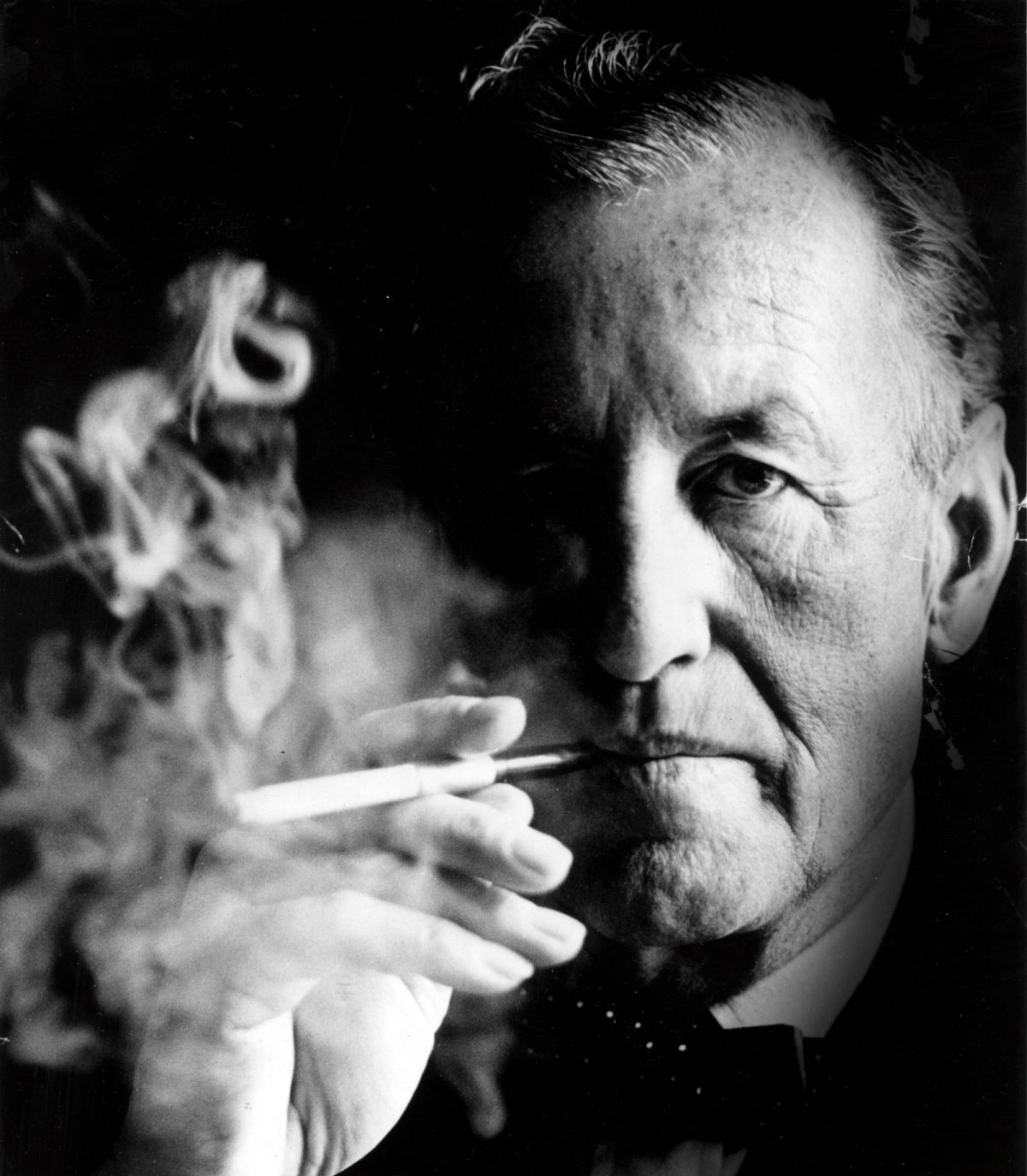
Ian Fleming.
Chandler thought Fleming’s writing style pioneering:
‘His hard, clean style is unusual in England. There’s a difference between American crime stories and British crime stories. The British stories lack pace. But Fleming has got away from that prosy style. He’s an exception–he has this pace.
‘I’ve enjoyed all his books. The one I liked most is Casino Royale.’
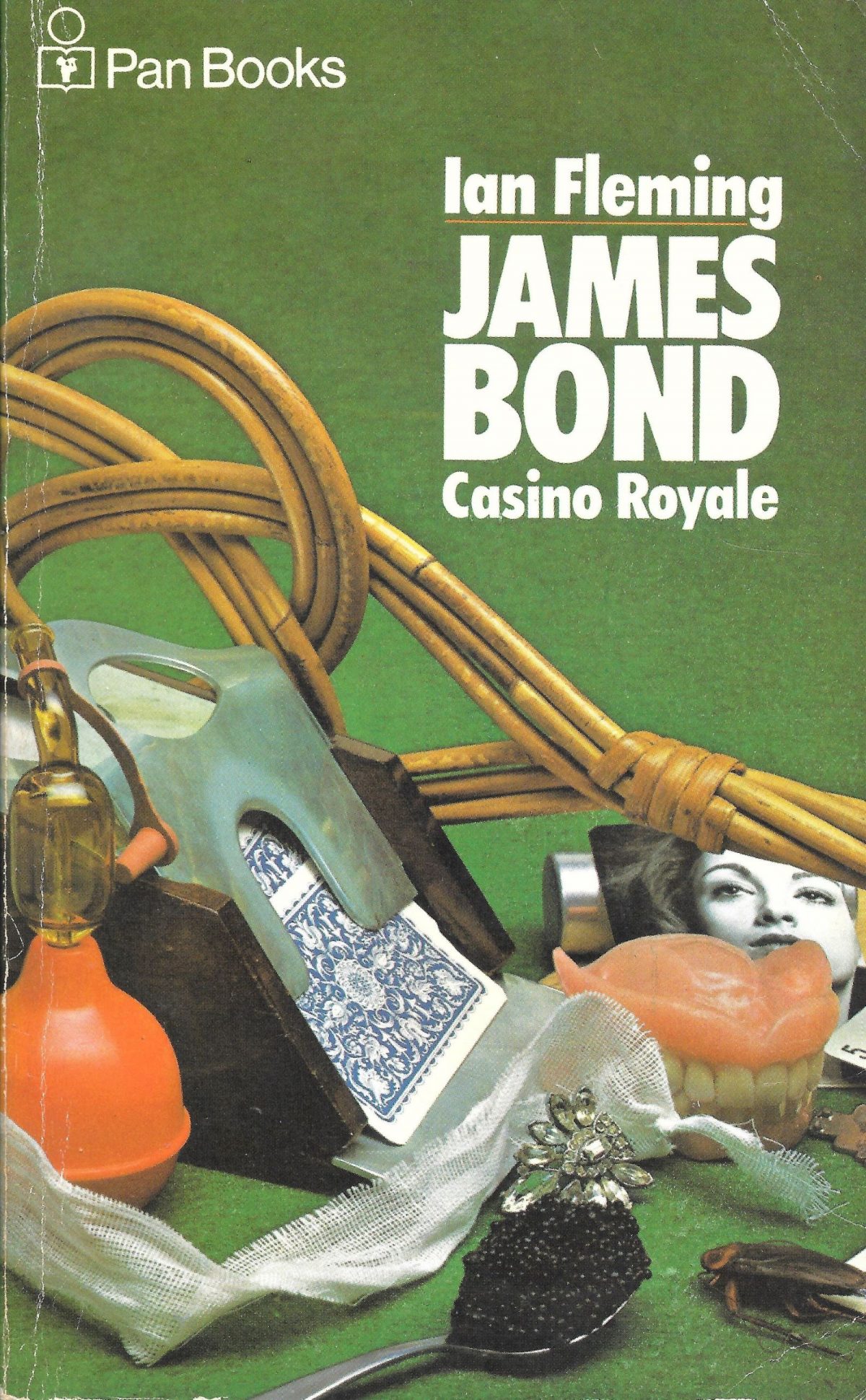
Chandler was sincere in his admiration for Casino Royale–Fleming’s first James Bond novel published in 1953. The book set a template for the further eleven novels and two short story collections–a mix of sex, violence, sadism, and a taste for the high life set in a accurately described places. However, Chandler felt Fleming’s later books like Diamonds Are Forever “were not worthy of [his] talents.”
In a letter from 1st May 1956, Chandler reiterated his thoughts:
‘I don’t think you do yourself justice about James Bond and I did not think that I quite did you justice in my review of your book, because anyone who writes as dashingly as you do, ought, I think, to try for a little higher grade. I have just re-read Casino Royale and it seems to me that you have dis-improved with each book.’
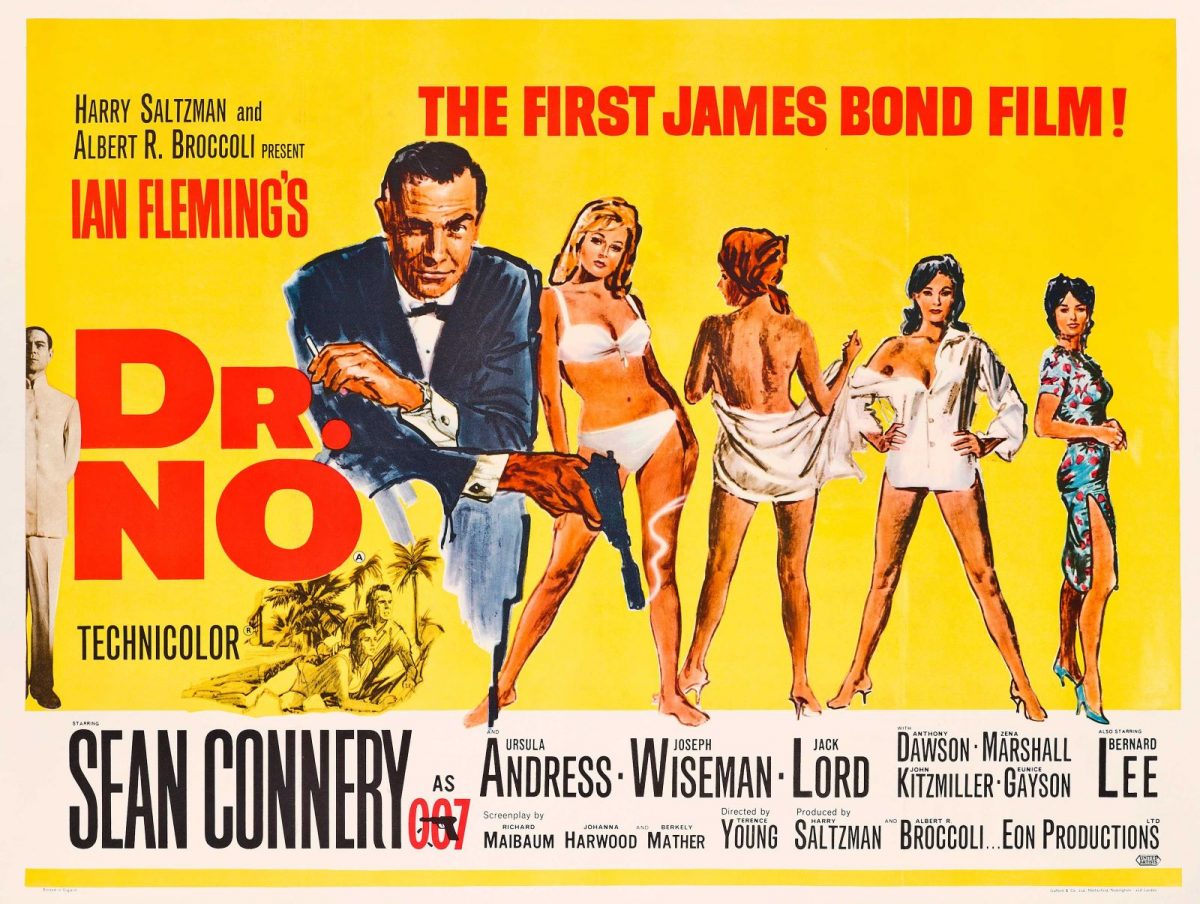
President Kennedy‘s choice of Ian Fleming as one of his favourite authors spurred film producers into making the first James Bond movie ‘Dr. No‘ in 1961.’
Casino Royale should have set Fleming on his way to success. This did not happen for another eight years when in 1961 President John F. Kennedy said Fleming’s fifth Bond novel From Russia With Love was one of his ten favourite books. Sales soared. James Bond became an international sensation.
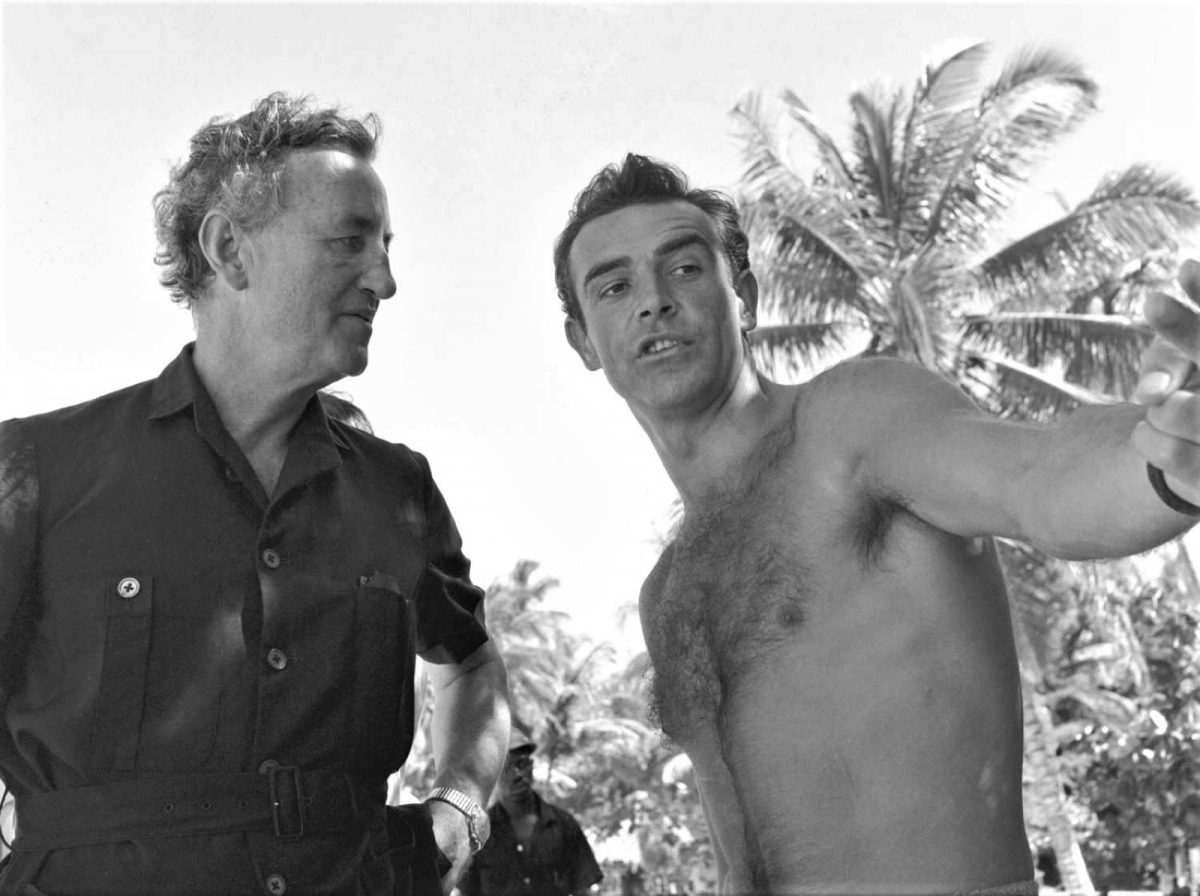
Ian Fleming on location during the filming of ‘Dr. No’ with the actor most associated with his creation James Bond, Sean Connery.
Chandler was also aware of certain faults with Fleming’s creation.
‘Perhaps James Bond is a little too tough.
‘Bond is a dangerous man. Dangerous to his enemies. Dangerous to himself. In real life I suppose, Bond would not last more than twelve months. His enemies would combine to see to that.’
But what about Chandler’s private eye Philip Marlowe?
‘Philip Marlowe, now–he’ll probably end his days in a street accident. The American crime syndicate would never really go out of their way to bump him off. He’s not dangerous enough to them.’
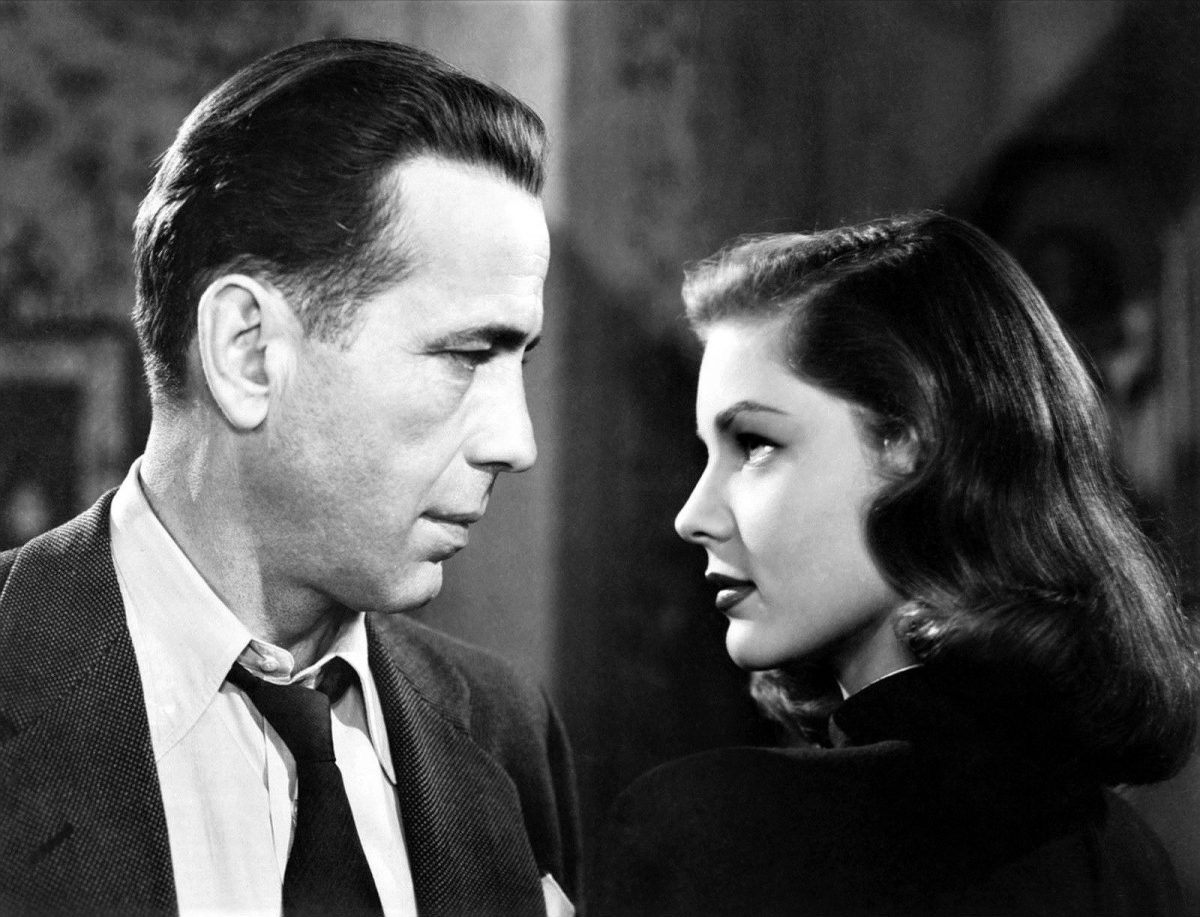
Chandler believed in “real life…James Bond would not be a secret agent”:
‘I’m not sure whether British secret agents behave as Bond does. Perhaps not. In real life such a man with such talents would probably be…a director, perhaps. A managing director.
‘For that matter, of course, there could never be a private eye like Philip Marlowe. American detectives are usually rather sleazy little men doing rather sleazy little jobs.’
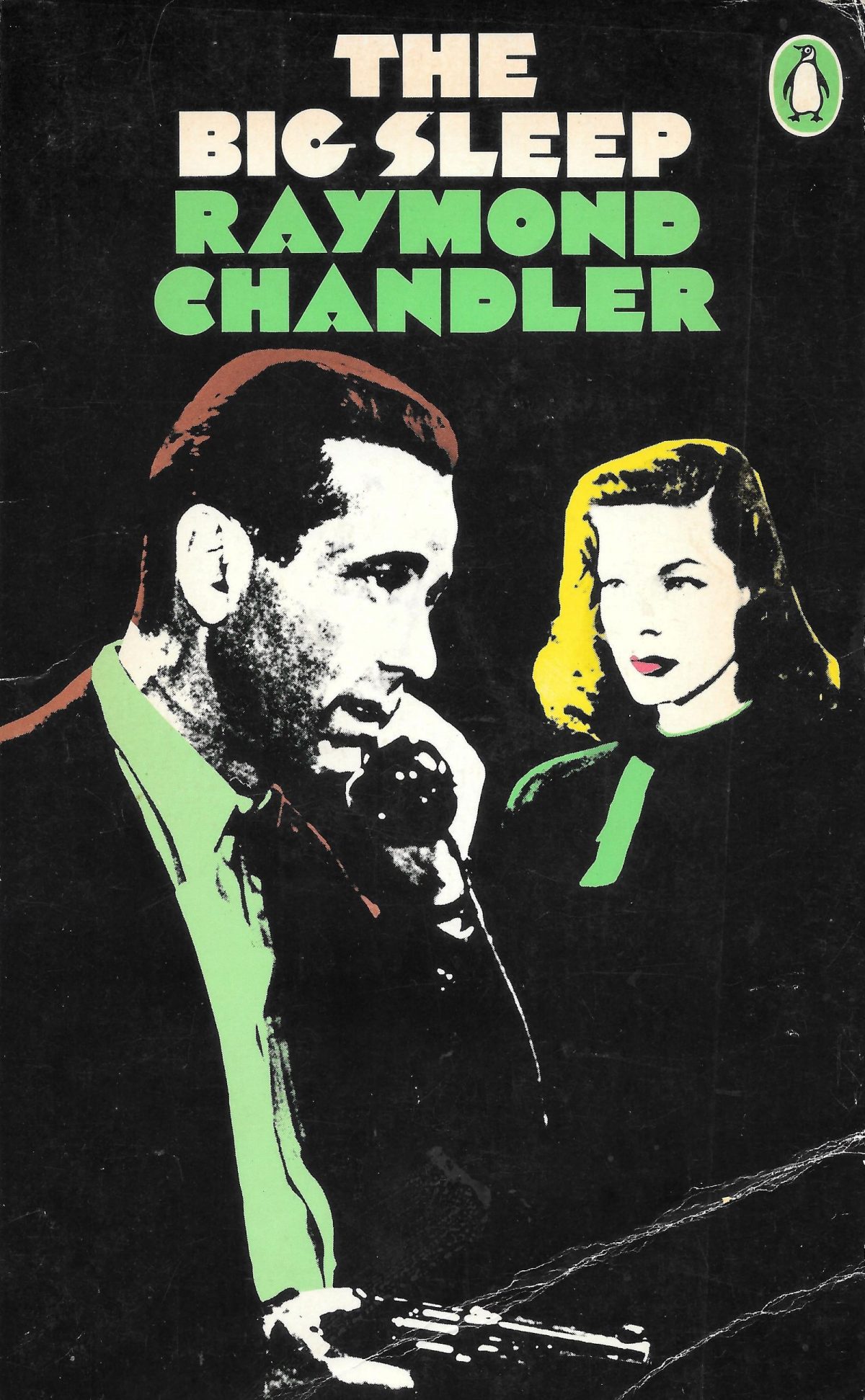
Nearing the end of his interview, Gomery asked one final question:
If Marlowe and Bond ever found themselves up against each other who would win?
‘An impossible situation,’ said Chandler. ‘But,’ – he reflected for a moment – ‘I’d back Marlowe, I think. More subtle.’ and he smiled again.
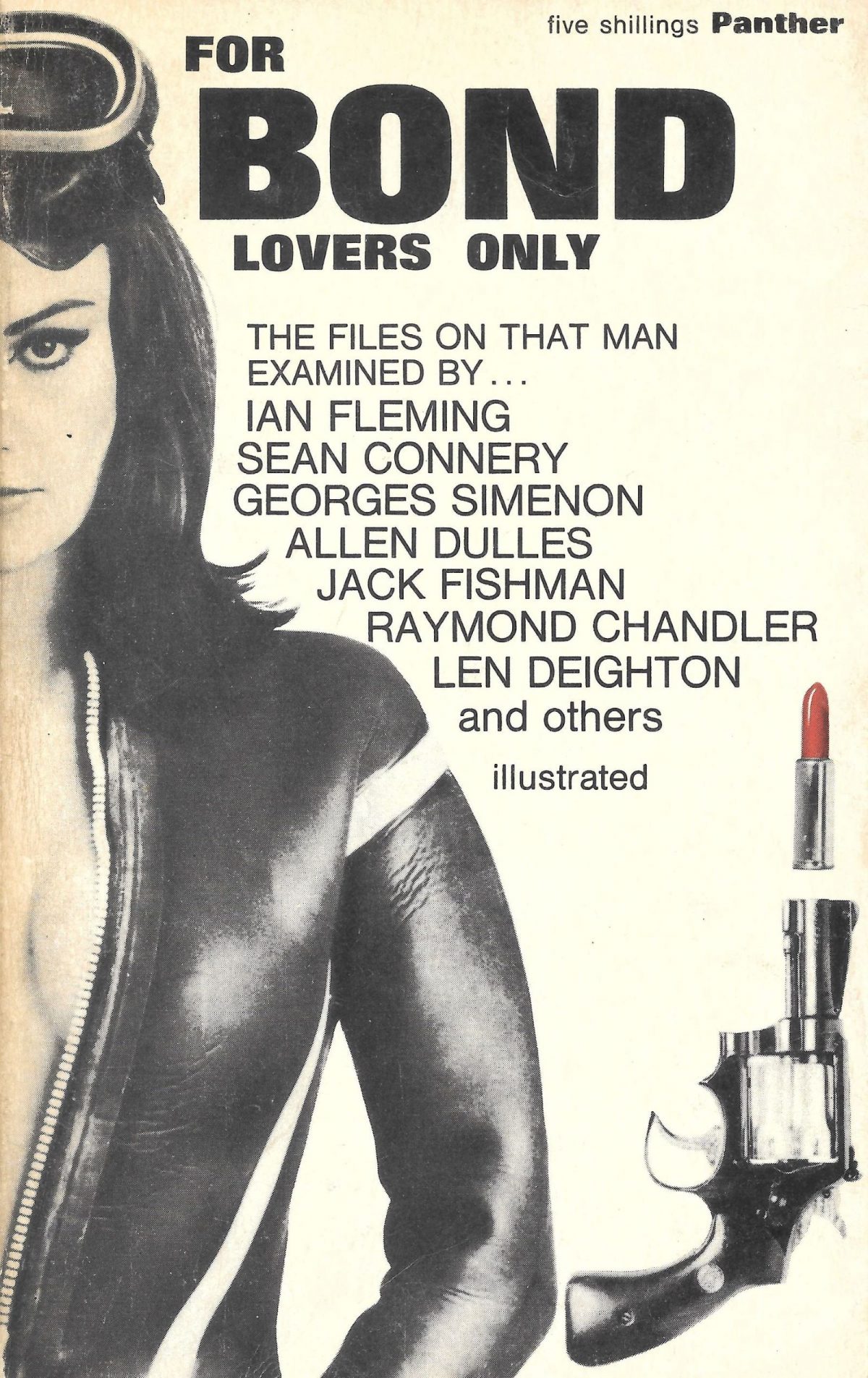
Would you like to support Flashbak?
Please consider making a donation to our site. We don't want to rely on ads to bring you the best of visual culture. You can also support us by signing up to our Mailing List. And you can also follow us on Facebook, Instagram and Twitter. For great art and culture delivered to your door, visit our shop.

